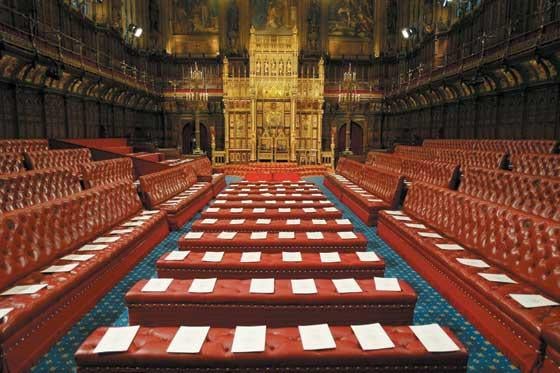
Members of the House of Lords yesterday took up the fight to get better protection for confidential journalistic sources placed in the Investigatory Powers Bill.
The bill, dubbed the snooper’s charter, has already been passed by the House of Commons with some limited protections from state surveillance for journalists and their sources. But editors, publishers and the Naional Union of Journalists are all pushing for further safeguards to be included.
The bill sets out a legal framework which allows law enforcement bodies to view internet and telecoms data.
You've reached your limit of free articles
Please register now to continue reading
Already registered? Log in here

